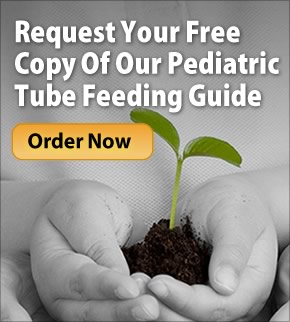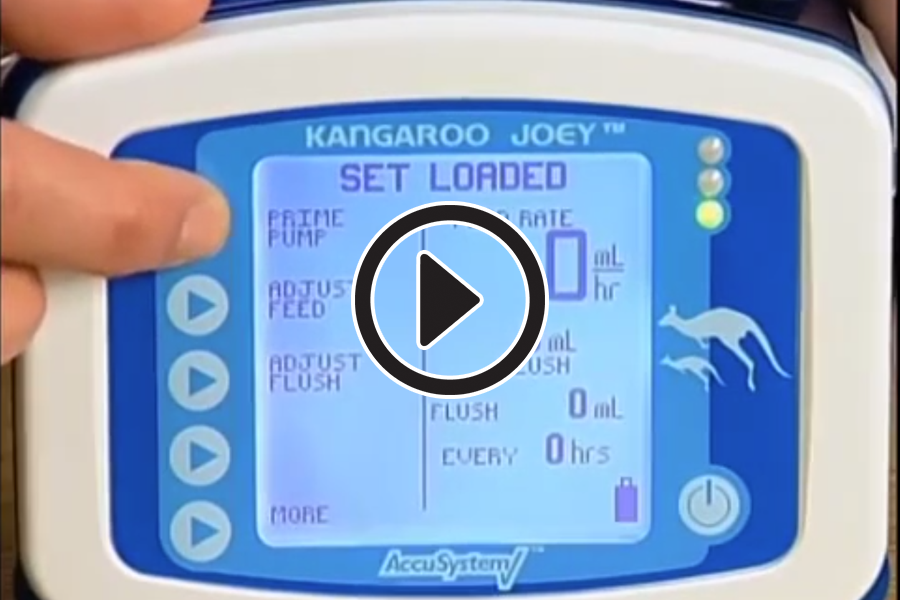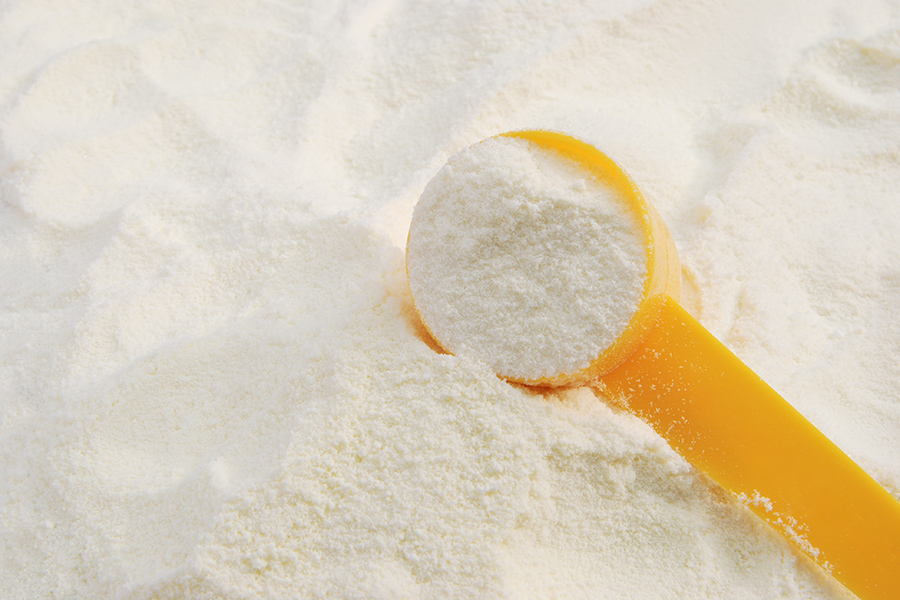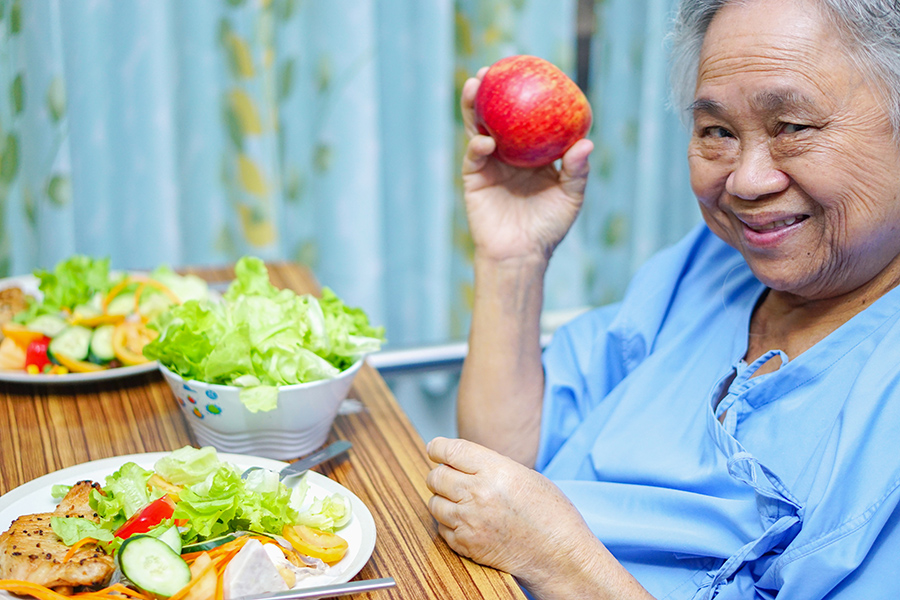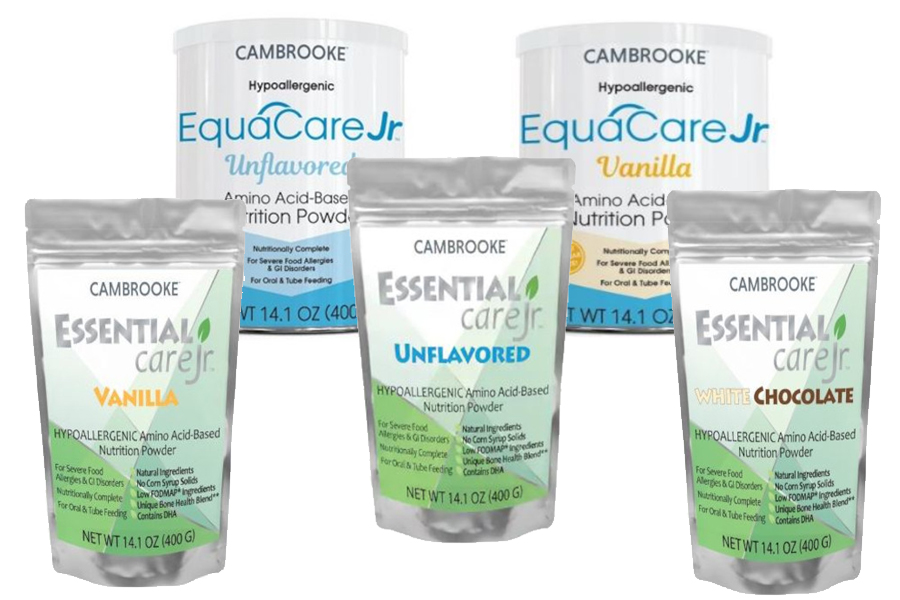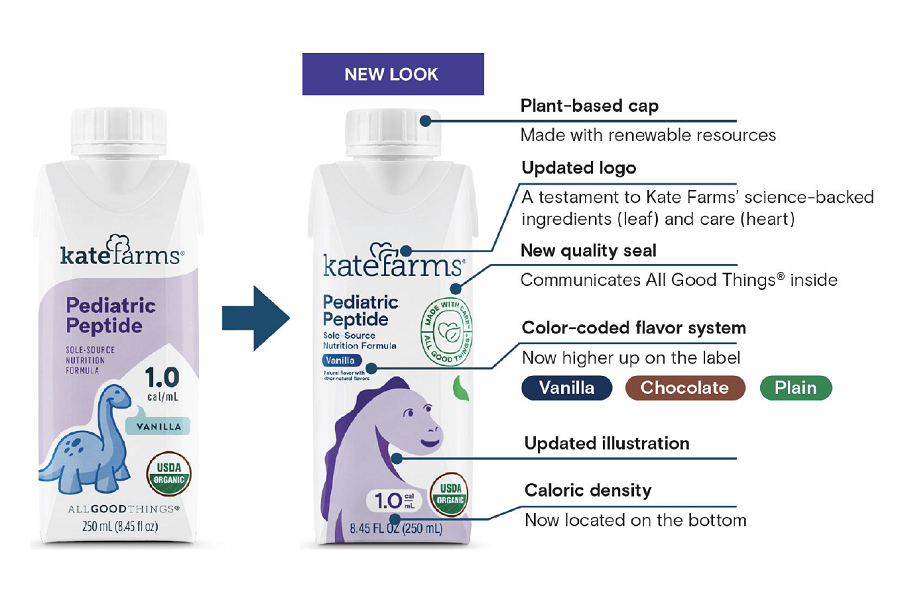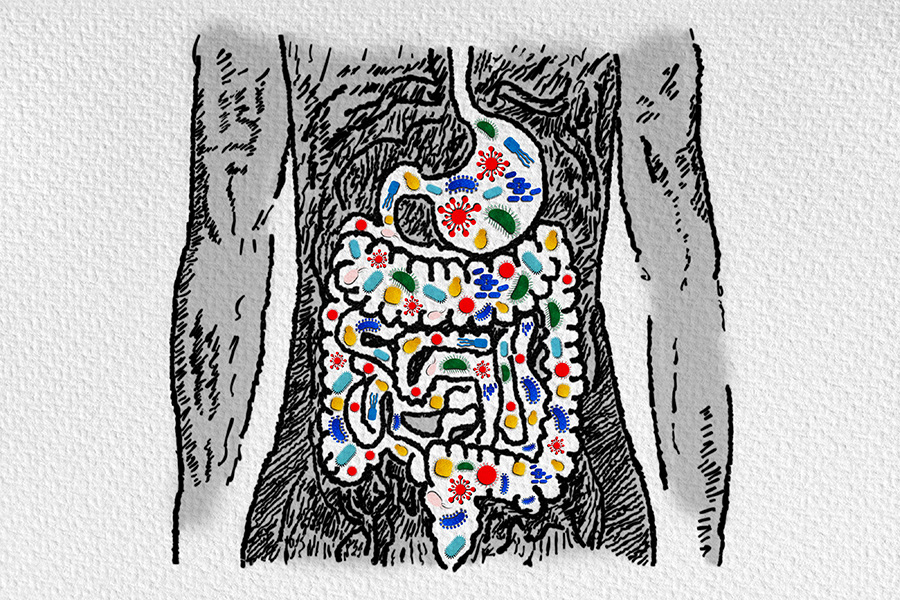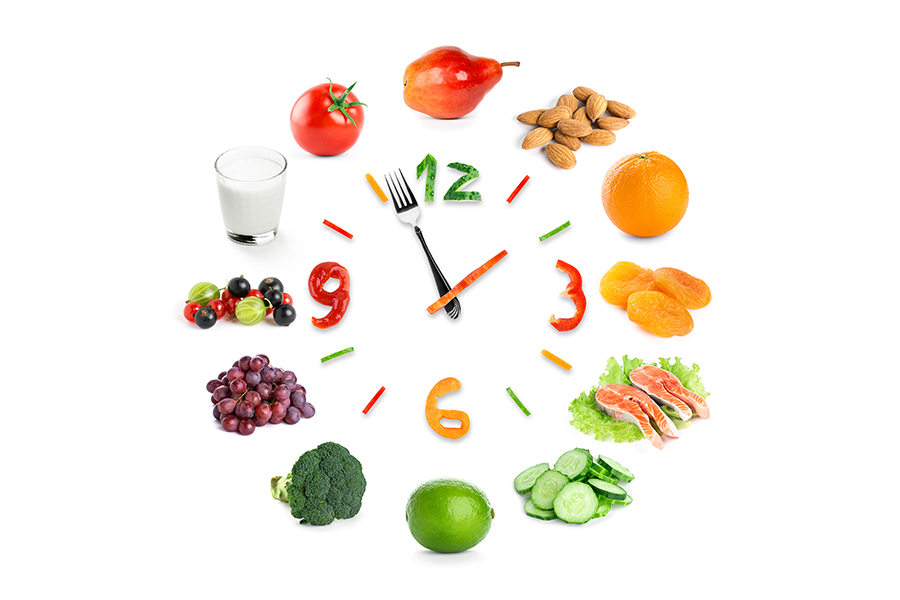Nutrition and PKU: Information and Resources for Phenylketonuria
What is PKU?
Phenylketonuria (fen-l-kee-toh-NOOR-ee-uh) is a genetic metabolic disorder that prevents the body from properly managing phenylalanine levels. Commonly called PKU, phenylketonuria affects 1 in 15,000 live births, with an estimated 16,500 people in the United States currently living with the disease. It is generally diagnosed at birth.
Phenylalanine is one of nine essential amino acids the body needs to function. The PAH enzyme is required to convert the amino acid into other usable forms. When enough of the enzyme is available, phenylalanine is converted into another amino acid, tyrosine. Among many responsibilities, tyrosine is a key player in the production of neurotransmitters (brain chemicals that communicate messages throughout your brain and body).
With PKU there is a deficiency in the PAH enzyme, meaning that the body cannot sufficiently process all of the incoming amino acid. This causes a buildup of phenylalanine and reduced tyrosine synthesis.
Symptoms of PKU
Elevated levels of phenylalanine can be toxic to the brain. If left untreated, PKU symptoms will emerge as the child ages:
- Neurological disturbances
- Intellectual and developmental disabilities
- Stunted growth
- Behavior and social problems
- Hyperactivity, irritability
- Skin rashes
- Musty odor (urine, breath, skin, sweat)
- Microcephaly
- Light skin and eye coloration
- Tremors, jerking movements
- EEG abnormalities
Diagnosing PKU
There is currently no cure for PKU but treatments and early screening are available.
Infant screening for phenylketonuria began in the mid 1960’s. After the newborn begins to feed and before being released home, a small sample of blood is taken from the baby’s heel. This sample will show phenylalanine levels in the infant’s blood and allows immediate treatment if needed.
Nutrition and PKU
There are treatments available to manage PKU, but the most important thing you can do is follow a low-phenylalanine diet to keep blood and brain levels of the amino acid low. Children who follow the treatment plan throughout life can be symptom-free. Work with a knowledgeable Registered Dietitian Nutritionist to make sure your child is meeting his needs with nutrition and PKU.
Phenylalanine is found in high protein foods, such as:
- Milk
- Dairy Products
- Poultry
- Eggs
- High protein breads
- Nuts
- Beans
- Meat
- Fish
- More
Children and adults with PKU must avoid foods and drinks that contain the artificial sweetener, aspartame. This non-nutritive sweetener is commonly used in low-calorie drinks, candies, jellies, and other snacks in place of sugar.
Aspartame is made with phenylalanine. While generally considered safe by the FDA, those on a low-phenylalanine diet can’t properly process this sweetener. The FDA requires that anything made with aspartame indicate on the food label that it contains phenylalanine.
Important Notes on Nutrition and PKU:
- All amino acids are still needed for the body to function, so completely eliminating phenylalanine is not an option. The trick is to keep intake low enough for the body to handle, given the enzyme deficiency.
- Because people with PKU need to limit or avoid many foods, some micro-nutrients and other amino acid levels can be low. Supplements may be prescribed by a medical professional, including foods and beverages that are low in phenylalanine or phenylalanine-free.
Foods low in phenylalanine:
- Formula/medical foods for PKU
- Low protein bread/pasta
- Most Vegetables
- Fruits
Image from the University of Washington
Sample Menu for a Child with PKU, Adapted from the Academy of Nutrition and Dietetics:
- Breakfast
- Formula/medical food for PKU
- Orange juice
- Rice Krispies cereal, non-dairy creamer
- Lunch
- Formula/medical food for PKU
- Tomato soup made with water, saltine crackers
- Low protein cookies
- Snack
- Formula/medical food for PKU
- Banana
- Dinner
- Formula/medical food for PKU
- Green salad, green olives, french dressing
- Low protein pasta, tomato sauce
- Low protein garlic bread
- Raspberry sorbet
- Snack
- Formula/medical food for PKU
Totals for the day: 367 milligrams Phenylalanine, 1776 Calories, 62.5 grams protein
Tracking Tools for Nutrition and PKU
Tracking nutrition intake while following a diet for PKU can be complex. Thankfully, tracking has become easier and more precise with the development of apps. These apps allow you to manage a the diet and track progress towards PKU diet goals.
Consult your dietitian to see if one of these apps is suitable to help reach your goals.
- DietWell – Cambrooke Therapeutics
- How Much Phe – Developed by a mother of a child with PKU
- Metabolic Diet App – Created by a team including dietitians and a physician
Formula and Medical Food for PKU
There are companies that make medical foods specifically for PKU. Here are a few of them.
- Cambrooke Therapeutics
- Started in 2000 by the parents of two children with phenylketonuria, this company provides low-protein ready-to-eat foods and ingredients that are suitable for a PKU diet
- Dietary Specialties
- An online store that provides foods suitable for special diets, including low protein foods for PKU
- Nutricia
- Makes specialized formulas and medical foods for PKU and other conditions, runs a blog to support families with helpful resources
- Vitalflo
- Makes products for PKU and other conditions, and provides resources, such as VitaFriends PKU, an online support service
Resources:
University of Maryland Medical Center








